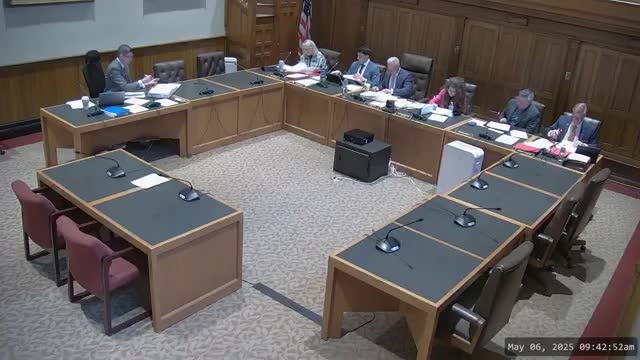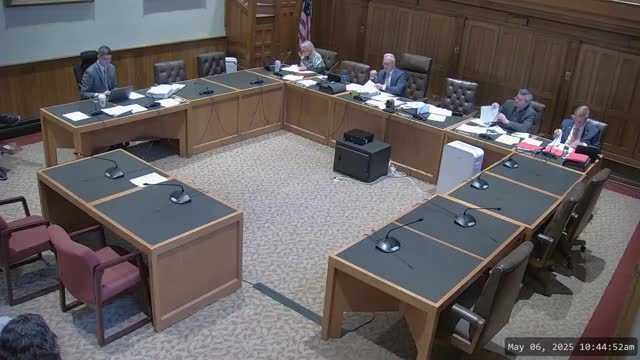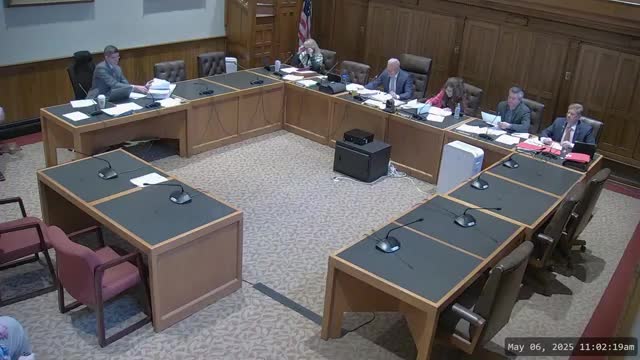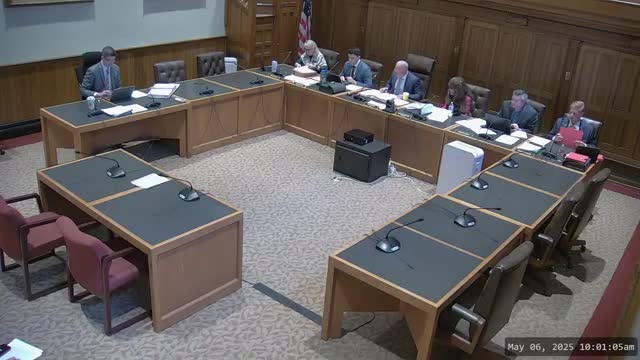Article not found
This article is no longer available. But don't worry—we've gathered other articles that discuss the same topic.

Accessory‑dwelling amendment draws compromise language; committee delays final action

Bill would let property owners match neighborhood density without a variance; municipalities warn implementation problems

Committee hears advocates and municipal groups split over ban on municipal ‘three-unrelated’ rules

